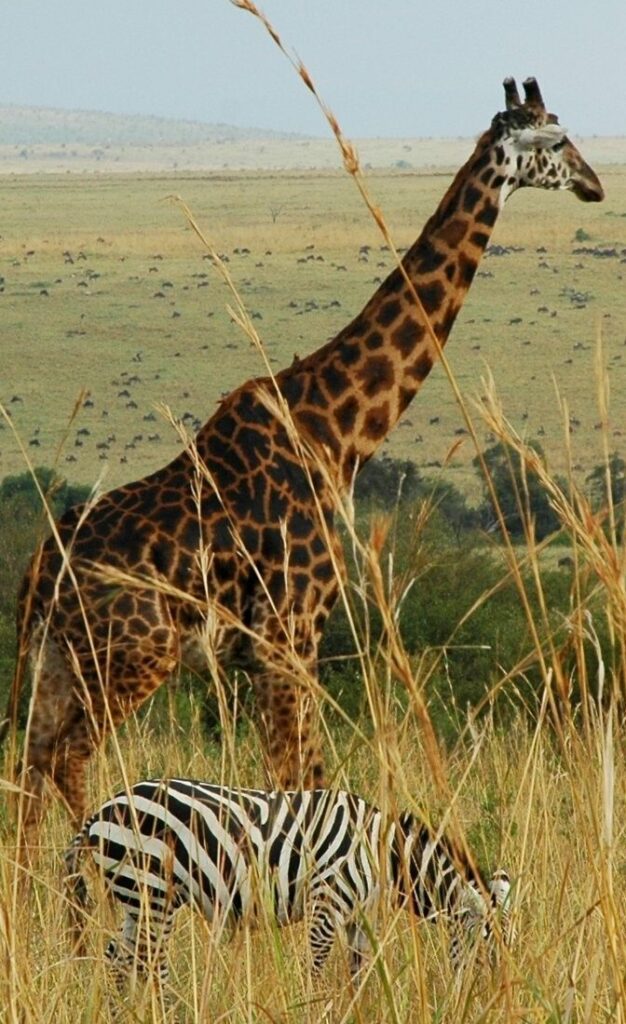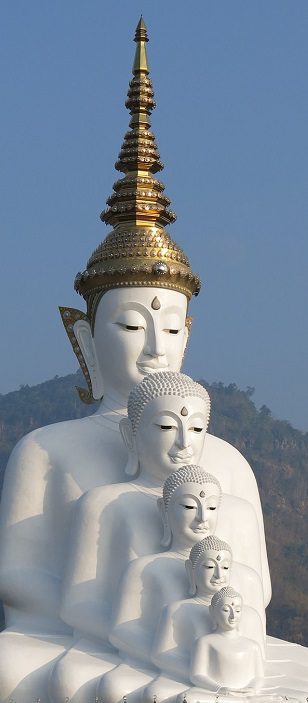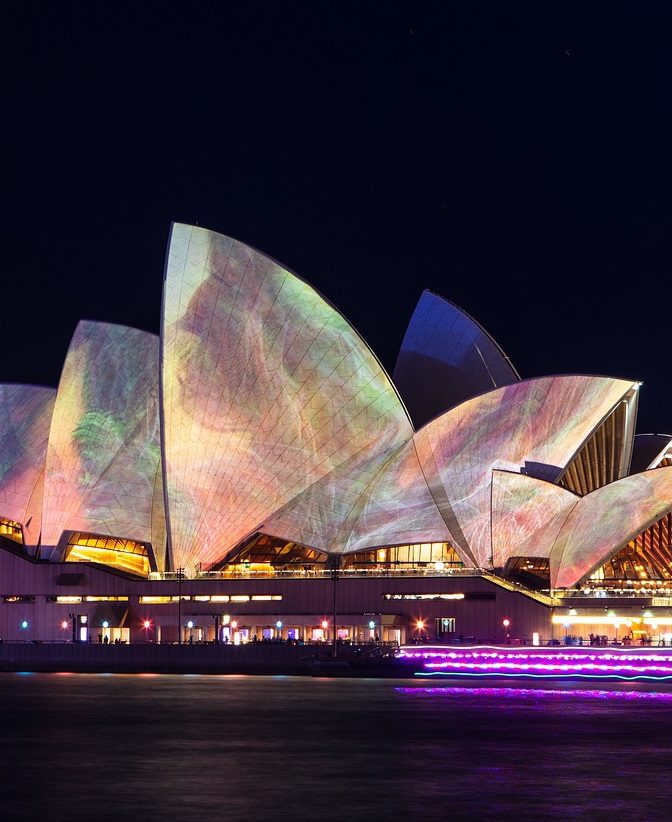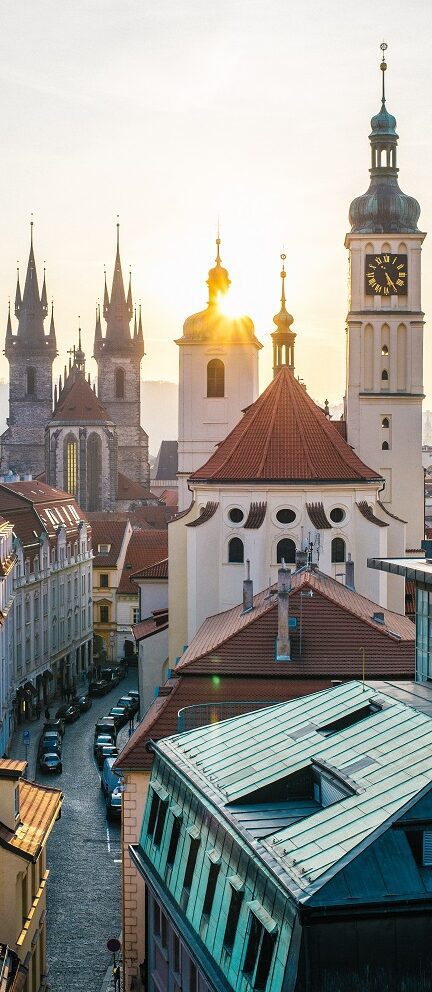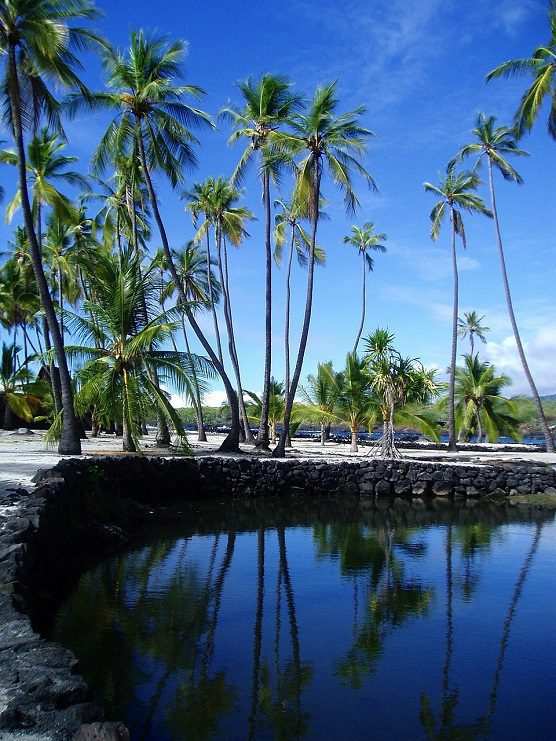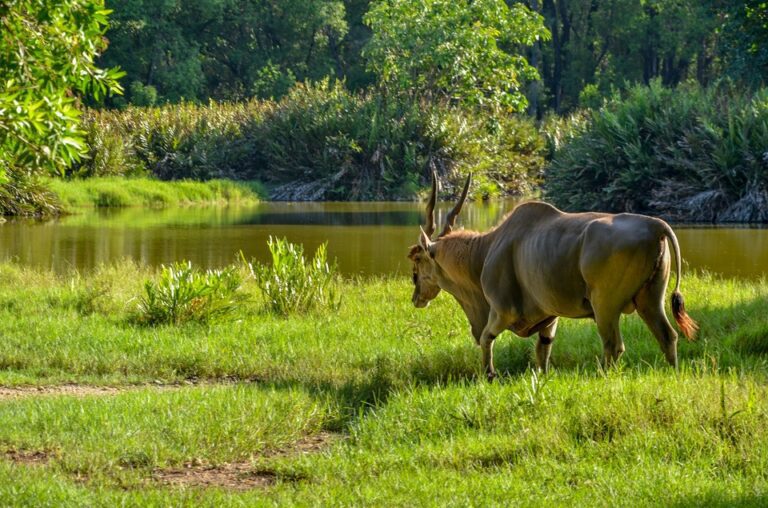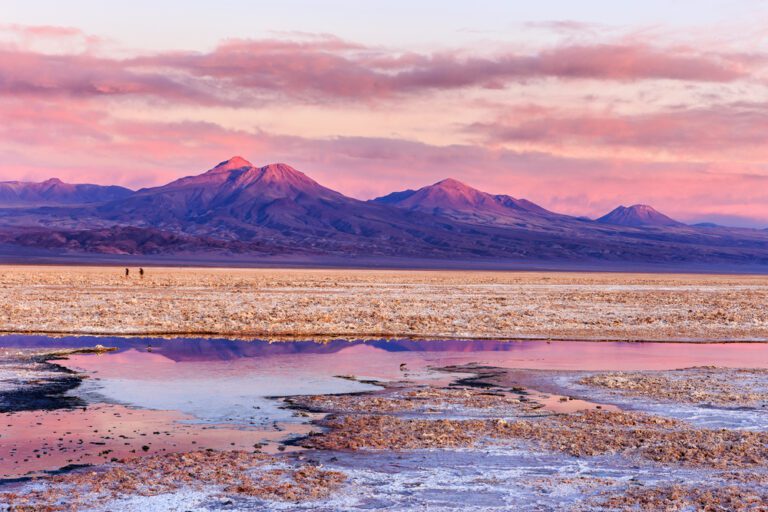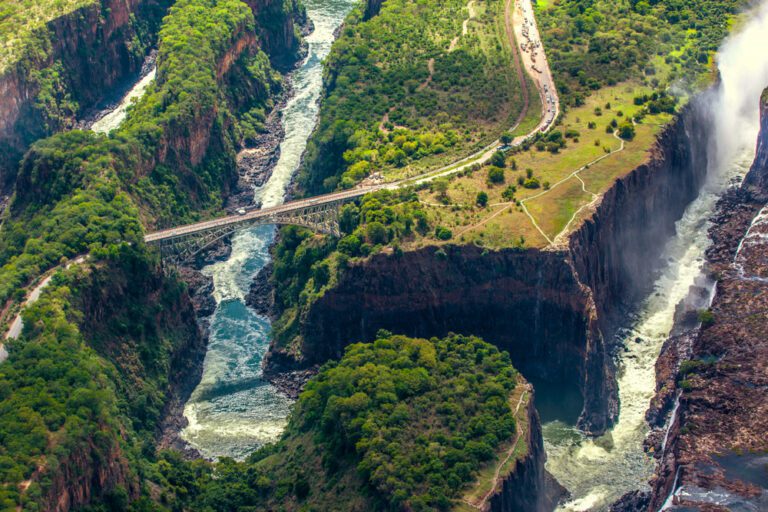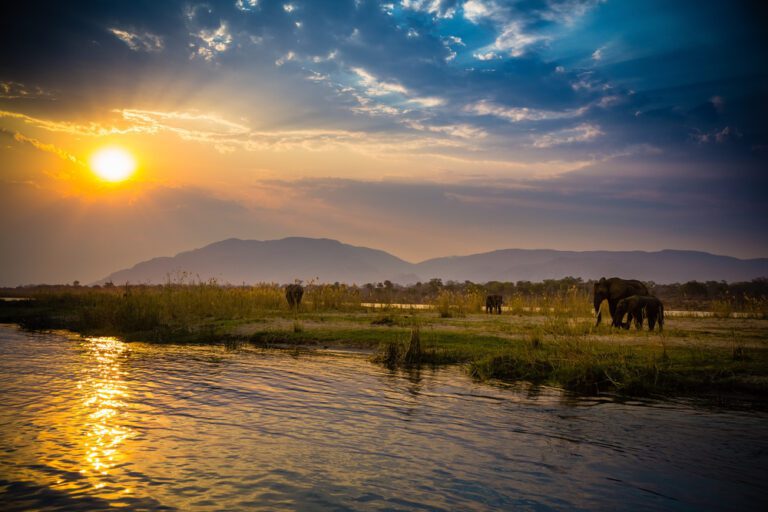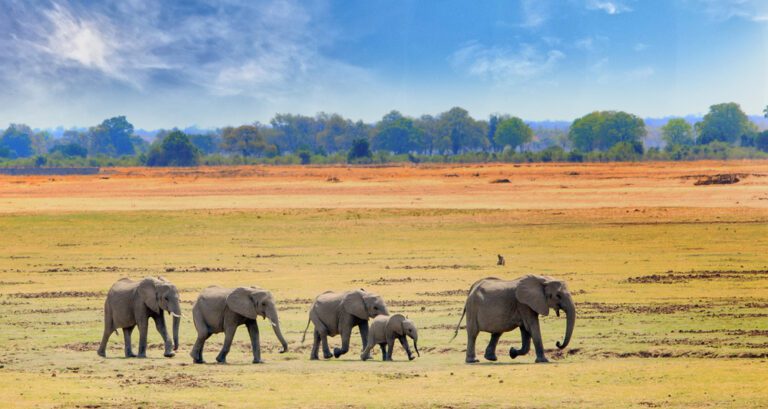“Siberia is a wardrobe problem,” remarks Olga Rimaeva, a round-faced babushka descended from seventeenth-century Polish exiles: too hot in summer, too cold in winter. I meet her in the eastern Siberian village of Bolshoi Kunaley. She’s dressed in a full-length fur coat, possibly fox but definitely not sable, the booty that in the sixteenth century drew Russian Cossacks across the Ural Mountains dividing European Russia and Siberia and made the czars’ colonists of this remote territory outstandingly rich. With Siberia’s temperatures dipping below minus 13 degrees in March, I’ve gone with Canada Goose instead. So it’s not the cold that’s making me jittery when I step onto frozen Lake Baikal—the world’s oldest
(Under the ice, Baikal is a wildlife freak show of ghostly, transparent fish and bug-eyed seals shaped like footballs, whose predecessors allegedly got trapped in the lake some two to three million years ago when the continental plates had their last big shift.)
Baikal’s ice may be at its thickest right now, but I’m still on edge: Every five years this region registers a major earthquake. I’ve come to Siberia because I like frozen wildernesses. I’ve visited Antarctica twice—the interior and the coast—and I’ve traversed Arctic Lapland by both snowmobile and dogsled. Even if I’m a century too late to plant a flag, there’s still a mystique in the virginity of endless white, a power Siberia has held over me ever since I noticed it on a bedside lamp I had as a child. That same lamp—a globe, which showed Siberia glowing over nine percent of the world’s landmass—also fed my appetite for exotic names. When my mother switched off the light each evening, I dreamed of Timbuktu. Or Ouagadougou, even Brazzaville. Siberia was a name full of poetry, derived from the Cossack word Si-bir, meaning “sleeping land,” or Sumbyr, like “slumber”—or Wissibur, “whisper”.
But while the romance is alluring, the realities of Siberia are forbidding, and require expert guidance. I find my man in Douglas Grimes, founder of the U.S.-based travel company Mir Corporation, which has 30 years’ experience in Russia. In Siberia, Grimes tasks Vladimir Kvashnin to manage our logistics on the ground. We begin our 300-mile trip across Siberia to Ulan-Ude in the city of Irkutsk—once a Cossack fort, with wide, French-style boulevards. When Anton Chekhov visited in 1890, he dubbed it the Paris of the East Even if the peeling facades aren’t exactly the tidy Haussmann-era mansions lining the Seine, Irkutsk’s Monet cafe does a good fruit tart, and I catch a Bach recital on a concert grand piano that belonged to a nineteenth-century Russian princess exiled for her husband’s political crimes. I also get a whiff of the East in visits to Russian Orthodox churches with peacock-blue and golden domes and bearded priests.

From Irkutsk we drive to Baikal’s western shore on a wide, arrow-straight highway. (The 40-mile road, built in i960 in anticipation of a U.S. presidential visit, proved premature; Eisenhower canceled after Francis Gary Powers’s CIA spy plane was shot down that same year.) En route, we stop for lunch at a wooden dacha—a country house with chickens and goats in the garden, where a friend of Kvashnin’s, Tatyana Shurantsev, cooks us blini with wild-berry jam and a hot fish pie served on Russian porcelain. On reaching Baikal, the more sophisticated lures of Irkutsk are replaced with the pure adrenaline that lies at the heart of why I travel to these holes in the map. My eyelashes are rimmed in ice as I’m pulled on a sled along Baikal’s shoreline, my team of Siberian huskies flying across the lake’s frozen surface. I hide my face from the brutal Arctic wind. When it gets too hard, I switch my dogs for Kvashnin’s snowmobile, my head in a warm helmet crowned with snow. After a couple of hours, we stop to drink vodka with a local fisherman whose van is parked on the ice.
Using a long line and heavy winch, he pulls up some omul— an oily fish not unlike mackerel—from a hole he has cut in the lake with a chain saw. We head to a cabin hidden in the birch and alder trees of Chernaya, or Black Creek Valley, where we eat more fish that has been grilled on a fire ahead of our arrival. And then we cross Baikal—a three-hour journey using a balletic, storm-bashed hovercraft. The boat glides across the ice on a fat belly of air, expertly handled by an old Baikal sea dog with fog-gray eyes. I feel as if I’m in a James Bond movie: the pilot’s hat, with its hammer and sickle; the snow cloud we create as we zip over the ice; the thundering noise of the vessel’s engines pushing us to 25 miles an hour. If the ice does crack, at least the hovercraft will float. For the Trans-Siberian Railway, the dangers were somewhat more pronounced. A hundred years ago, the train made its first complete 5,772-mile journey from Moscow all the way to Vladivostok, on the Pacific.
Before the Golden Buckle was built, its trades curling around the southern shore of Baikal, the trains’ carriages were unloaded onto a steam-powered icebreaker that would cross Siberia’s great lake. Sometimes, however, the ice was too thick. In the particularly harsh winter of 1903-04, a 25-mile-long rail track was laid across Baikal’s ice. Kvashnin tells me this by way of reassurance when I get out and walk across the lake’s deepest part. In such a remote place—Siberia is accessible on a regular tourist visa, even if my satellite phone hasn’t been cleared for use by Russian authorities—it seems remarkable that each aspect of my adventure is linked in a perfect chain to the next event, with mushers, drivers, and Siberian guides coming out of the white expanse as if by accident, during a journey that runs as smoothly as a Swiss train timetable.
Only in coming here do I start to understand why so many of Russia’s exiles— including the early-nineteenth-century aristocratic revolutionaries called the Decembrists, who rebelled against the autocracy of the czar— didn’t race home to Moscow when their sentence was up. Siberia in winter is overwhelmingly soulful, the snowflakes the size of leaves. Is it wrong to have this response when Siberia—for 400 years a brutal penal colony, later used by Stalin for his gulag labor camps— gobbled up the lives of millions? Times change. Reputations also shift Siberia is far larger than just its prison populations, past and present; it is bigger than its nickel deposits, factory chimneys, and gas reserves. It is also more comfortable than one might expect. We sleep in small hotels serving pickled fish for breakfast, lunch, and dinner, with overheated bedrooms that are so immaculate, the only fault I can find is in their aesthetic sterility.

Yet the romance of Siberia is infectious—the sense of infinity in the vast landscapes, the warmth of the wooden cabin where we lunch as the snow falls soundlessly outside, the grandeur of Ulan-Ude’s opera house and its gilded swags announcing immense Soviet pride. I find it arresting—the enduring belief in the former USSR, which seems to linger in Siberia more than elsewhere I have traveled in Russia. It’s a nostalgia that somehow softens the scowl of the grumpy cabin attendant on another part of my Siberian adventure, when I ride the Trans-Siberian Express between Ulan-Ude and Khabarovsk, 1,230 miles to the west. Maybe the attendant doesn’t believe in the capitalist idea of first class, with its two beds (rather than the sardine can of bunks in third class) and crisp, pressed sheets.
She certainly doesn’t care for a foreigner and her pot of black Baikal caviar, which I pick at with chips while I watch the taiga’s silver trees, as fragile as a million match-sticks, move swiftly past. I could have taken the Golden Eagle, the fancy Trans-Siberian passenger train, along this same route. But what would be the point? To me, the ultimate luxury is having the freedom to travel widely in the first place, to parts of the world where one encounters no other tourists, where the feeling of otherness is as intense as the bite of a Siberian wind in March.
